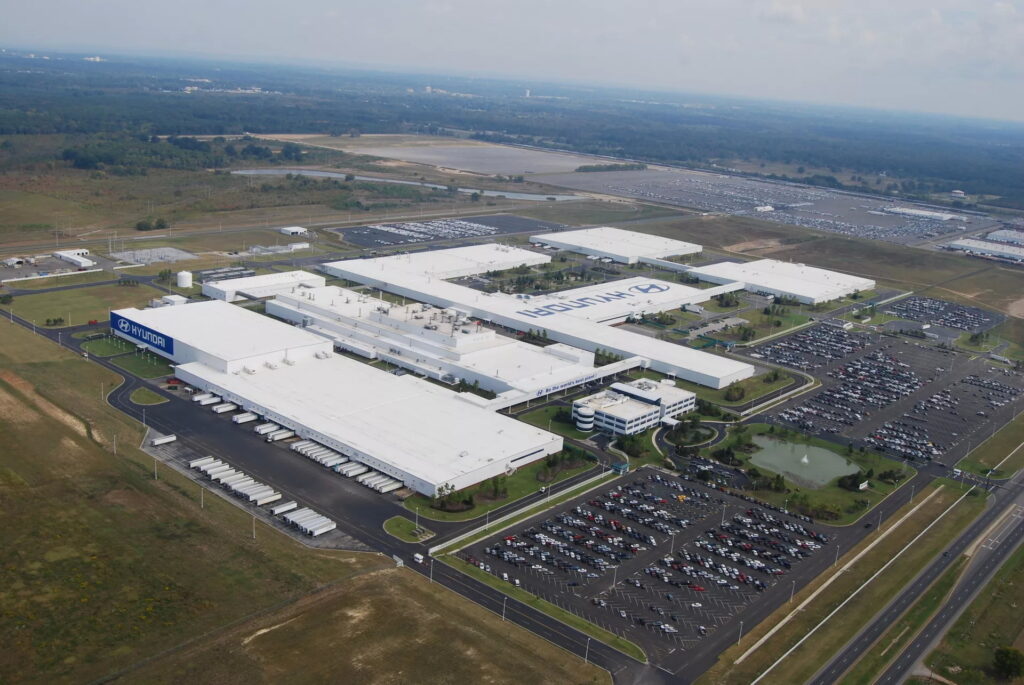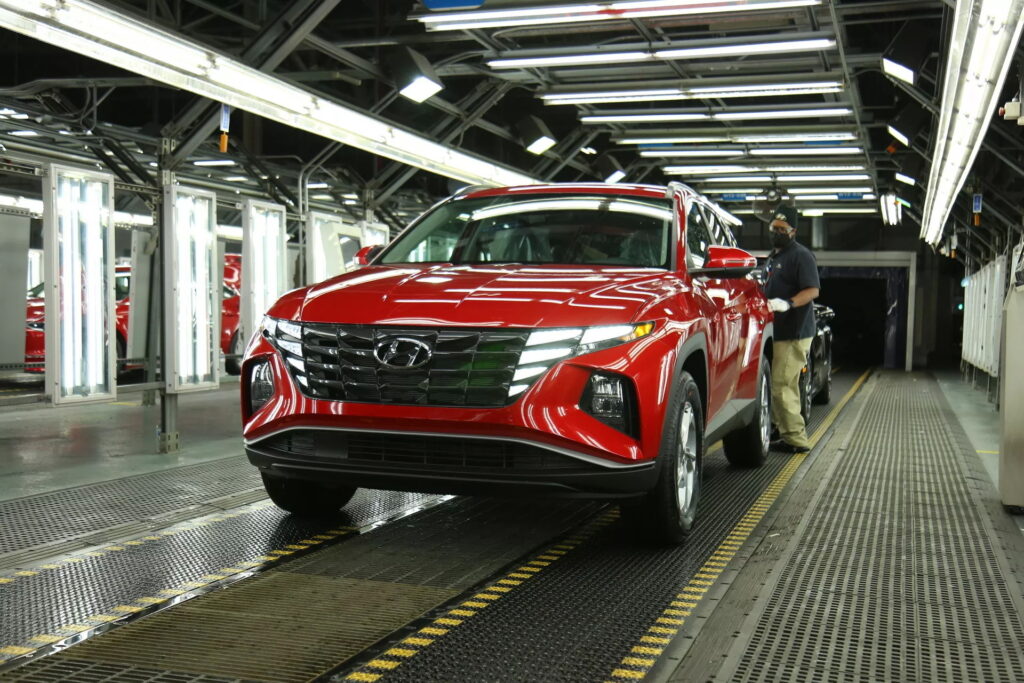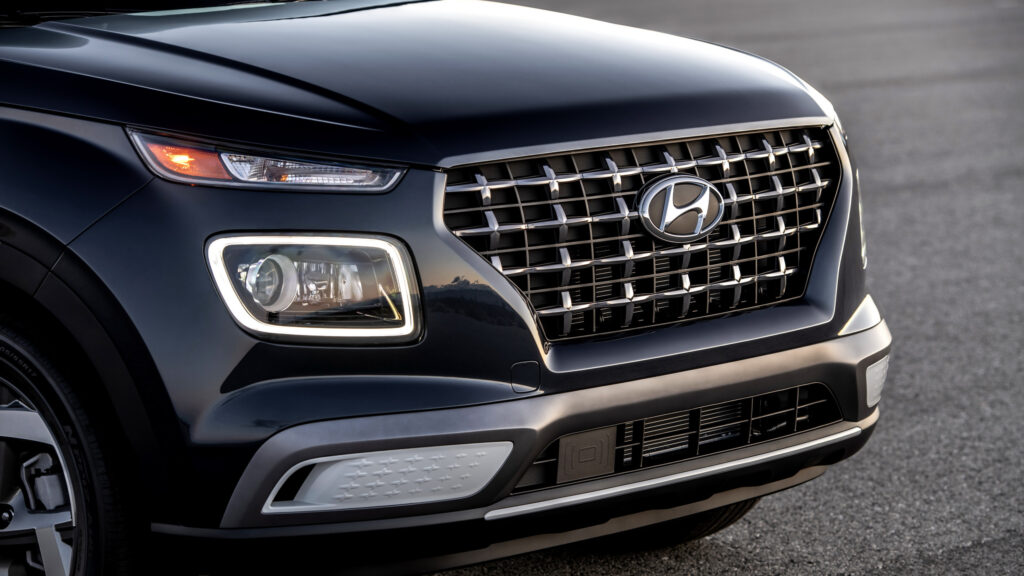- Hyundai supplier Ju-Young ended its contract to use prison labor with the state of Alabama.
- The decision comes after a New York Times report revealed the controversial arrangement.
- Critics say prison labor exploits workers with extremely low wages and unsafe working conditions.
In 2022, news broke that some Hyundai suppliers in the USA were using child labor. By 2023, the federal government got involved and Hyundai itself cracked down on the practice. Now, in 2024, it turns out that Hyundai suppliers are using another controversial workforce, prison laborers. Well, they were, until public pressure put an end to it.
The supplier in question is Ju-Young, a Korea-based company that took part in Alabama’s prison labor program. The program offers incarcerated individuals the chance to work outside prison walls and earn a modest wage. While this might seem like a positive opportunity at first glance, one report suggests the reality is far more complicated.
More: Tesla Trade Secrets Thief Sentenced To Two Years In Prison
According to a New York Times report, one prisoner working for Ju-Young compared the arrangement to a choice between bad and worse. “You have no choice. If you don’t they’re going to send you on back to the camp and you get rolled up with a disciplinary charge.” That prisoner is 15 years into a 20-year sentence for marijuana trafficking. A disciplinary charge could result in losing the possibility of parole or a longer sentence in general.
The report went on to say that “An employee at the Ju-Young plant, speaking on the condition of anonymity, said Mr. Anderson’s description of the work environment for inmates, including the implicit threat of punishment, was correct.” Clearly, that doesn’t look good for Ju-Young or Hyundai, and a few weeks after the report, the supplier ended its contract with the state for prison labor.

For its part, the automaker had this to say, “Hyundai is not involved in individual hiring decisions by independent suppliers,” the spokesman told the New York Times. He added, “Hyundai requires all of its suppliers to follow the law and its supplier code of conduct, and we have a track record of taking action when we learn of alleged violations.”
To be fair, Hyundai isn’t the only company caught in the crosshairs of America’s prison labor debate. Several states have programs allowing incarcerated individuals to work for shockingly low wages—often earning less than $10 an hour and in many cases, even less than a dollar an hour. Opponents of this sort of work say that the workers are often treated inhumanely and with little regard for their safety or health.
What’s even more disturbing is how normalized this has become. Whether it’s clothing, or car parts, prison labor plays a quiet role in many industries. But the ethics of this setup are murky at best, especially when inmates are forced into these conditions. If your “cheap labor” model involves exploiting people who can’t say no, maybe it’s time to rethink your business strategy.





